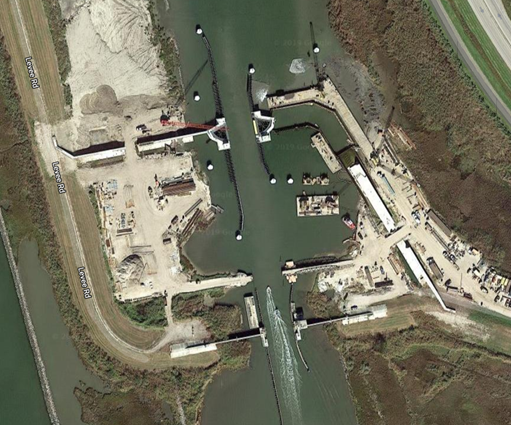Portland Bolt Deemed “Essential Business”
Portland Bolt continues to operate at full capacity
On Monday, March 23rd, the Oregon State Office of the Governor released Executive Order No. 20-12. Due to the COVID-19 pandemic, employees of certain companies have been ordered to “Stay at Home,” closing specified retail businesses, requiring social distancing measures for other public and private facilities, and imposing requirements for outdoor areas and licensed childcare facilities. Oregon manufacturers like Portland Bolt, who produce critical components for government, military, and infrastructure projects are not included in the “Stay at Home” order. Therefore, we will continue to operate at full capacity at this time.
Help Us Reach 2 Million Views!
Our “How a Bolt is Made” video has been viewed almost 1.9 million times.
Since we produced our behind the scenes look at the production of galvanized anchor bolts for an electrical substation project in Howard, Kansas back in 2011, this video has been viewed more than 1.8 million times. That’s more than 211,000 views per year and over 17,000 per month!
This video helps engineers and architects appreciate the labor operations and workmanship involved in producing fasteners they are specifying as well as assisting contractors, steel fabricators, original equipment manufacturers, and other construction-related companies in the understanding of lead times involved in producing nonstandard bolts that are not readily available in the marketplace.
Thread Class of All Thread Rod
Fully threaded studs and the rods from which they are cut have different thread class requirements.
 There are three classes of thread fit associated with fasteners: Class 1A/1B, Class 2A/2B, Class 3A/3B. The “A” refers to the externally threaded fastener component, typically the bolt, while “B” refers to the internally threaded fastener component, usually a nut.
There are three classes of thread fit associated with fasteners: Class 1A/1B, Class 2A/2B, Class 3A/3B. The “A” refers to the externally threaded fastener component, typically the bolt, while “B” refers to the internally threaded fastener component, usually a nut.
As the number of thread class increases, the threading tolerances become more precise. Most construction fasteners are manufactured to Class 2 threading tolerances.
Fully threaded rods meeting the requirements of ASME B18.31.3 are typically produced with Class 1A threads unless otherwise specified, while the studs cut from these rods require a more precise Class 2A thread tolerance. This leaves us with a conundrum…..
Empire Locks
Plaquemines Parish, Louisiana
 The Empire Locks in Plaquemines Parish, LA provide vessels with access to the Mississippi River and prime fishing grounds in the Gulf of Mexico. In November of 2019, as part of a routine maintenance project, Portland Bolt provided galvanized timber bolts and shear plates as part of a project in which the Empire Locks’ wooden walls were replaced.
The Empire Locks in Plaquemines Parish, LA provide vessels with access to the Mississippi River and prime fishing grounds in the Gulf of Mexico. In November of 2019, as part of a routine maintenance project, Portland Bolt provided galvanized timber bolts and shear plates as part of a project in which the Empire Locks’ wooden walls were replaced.

